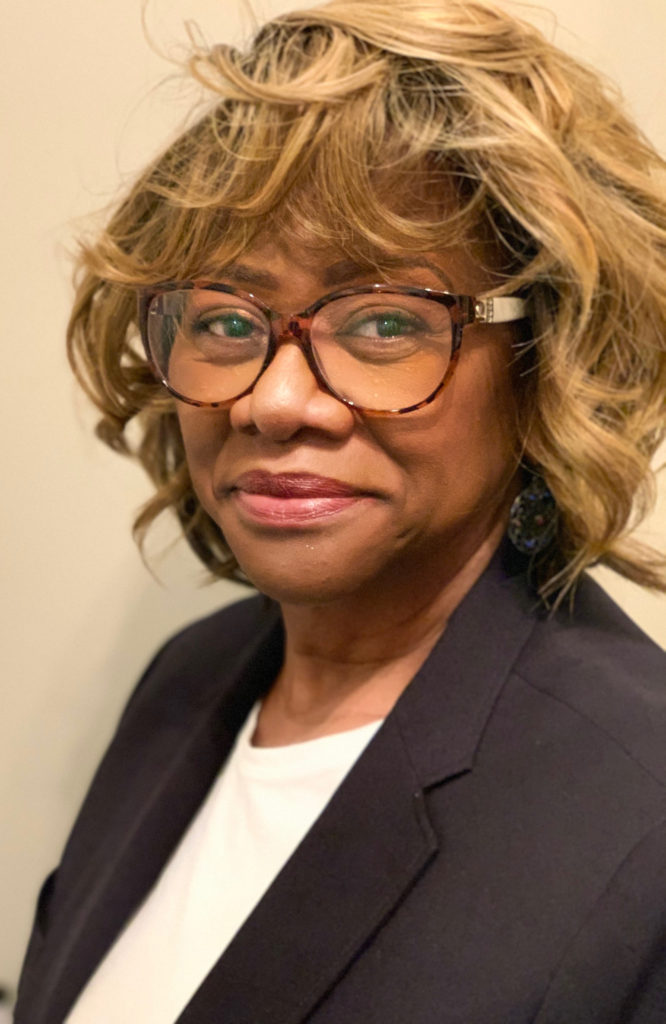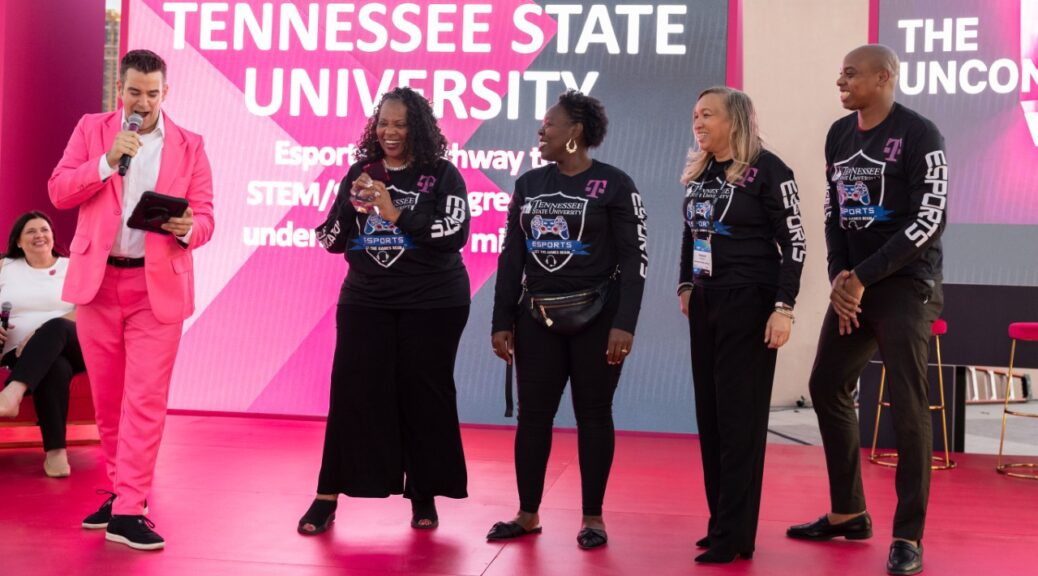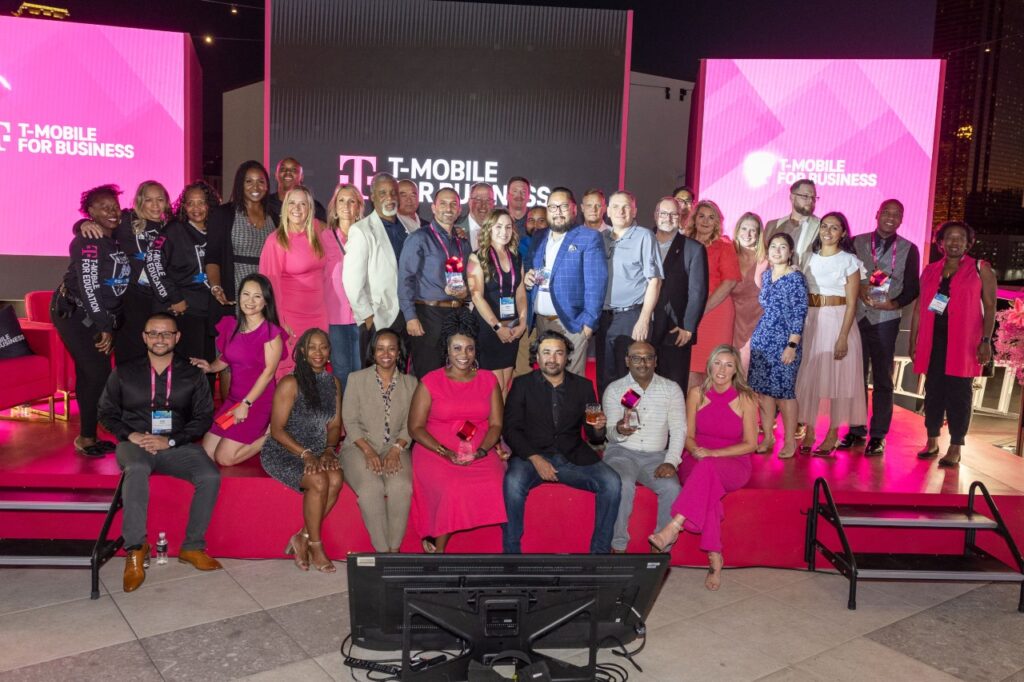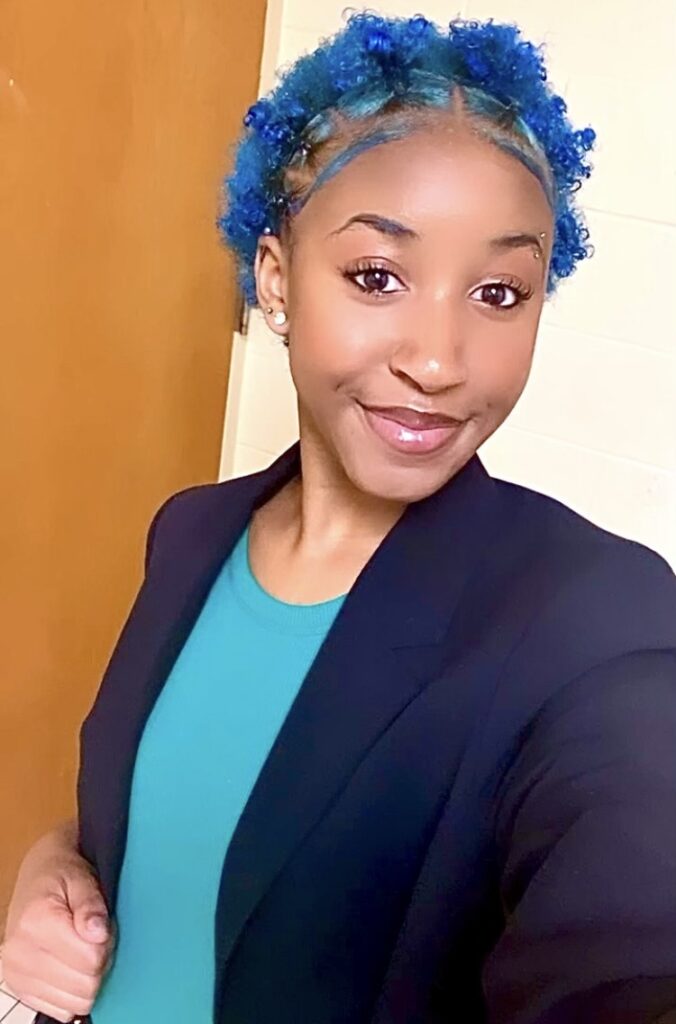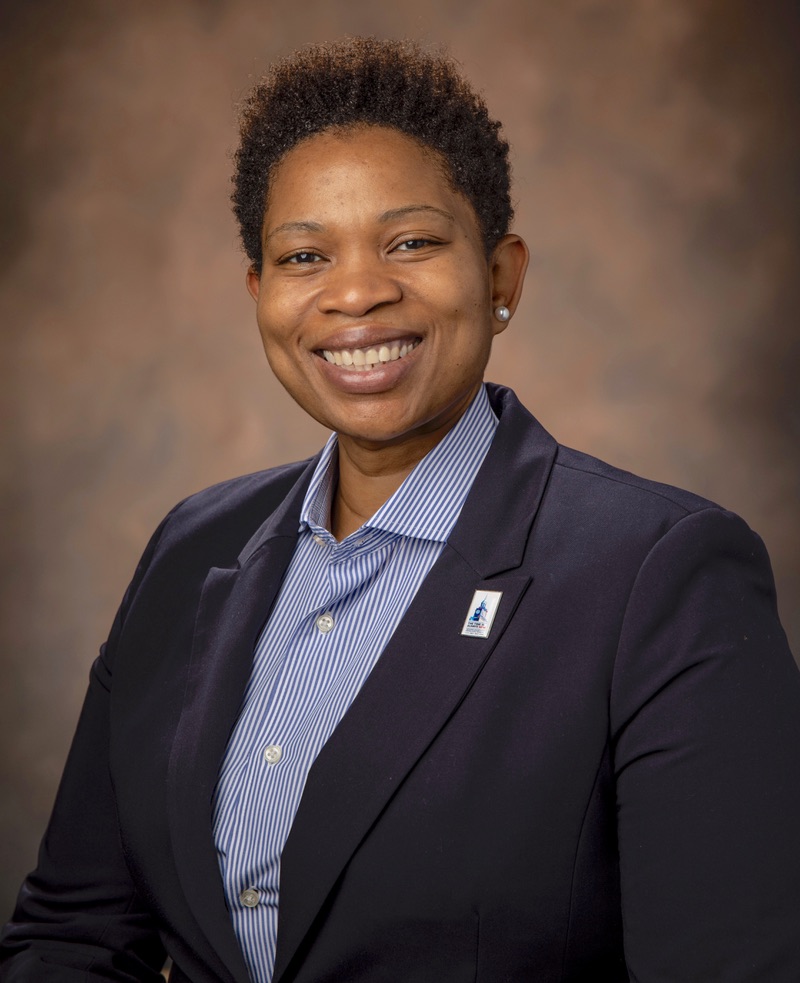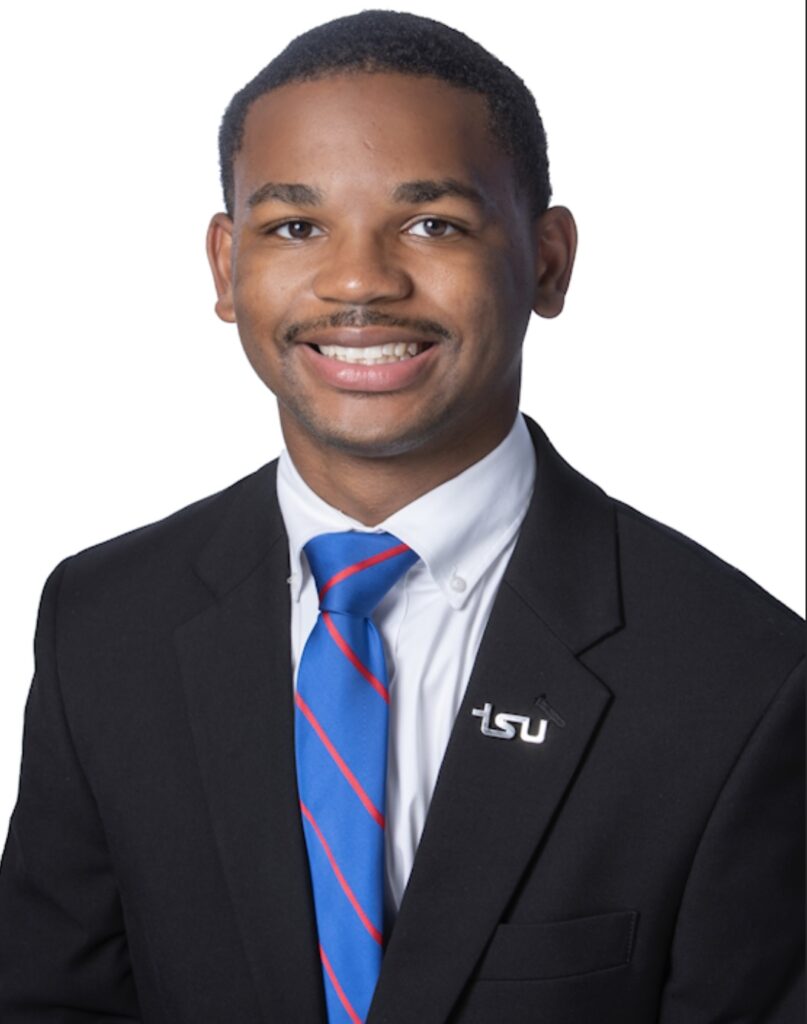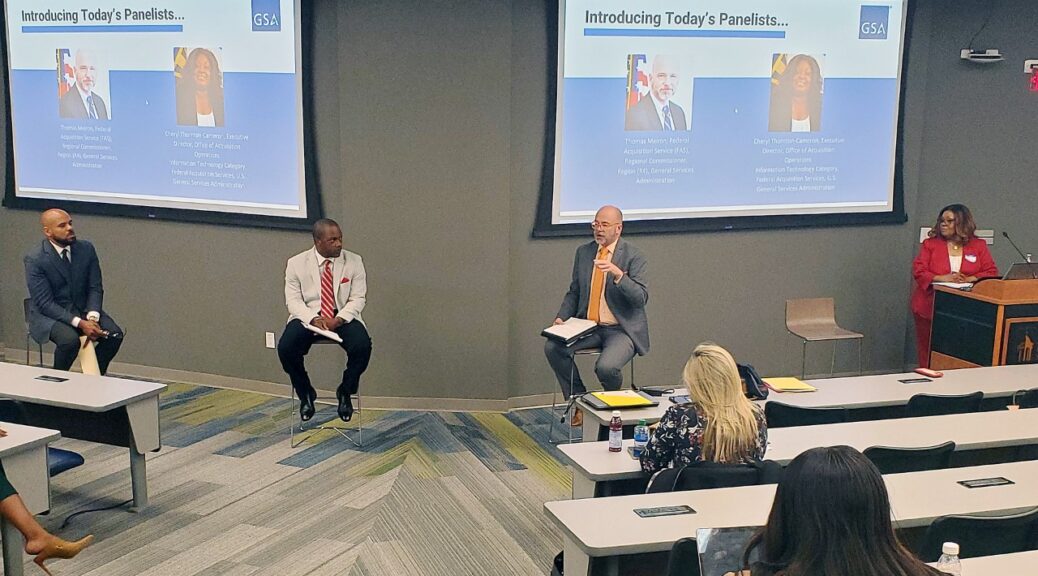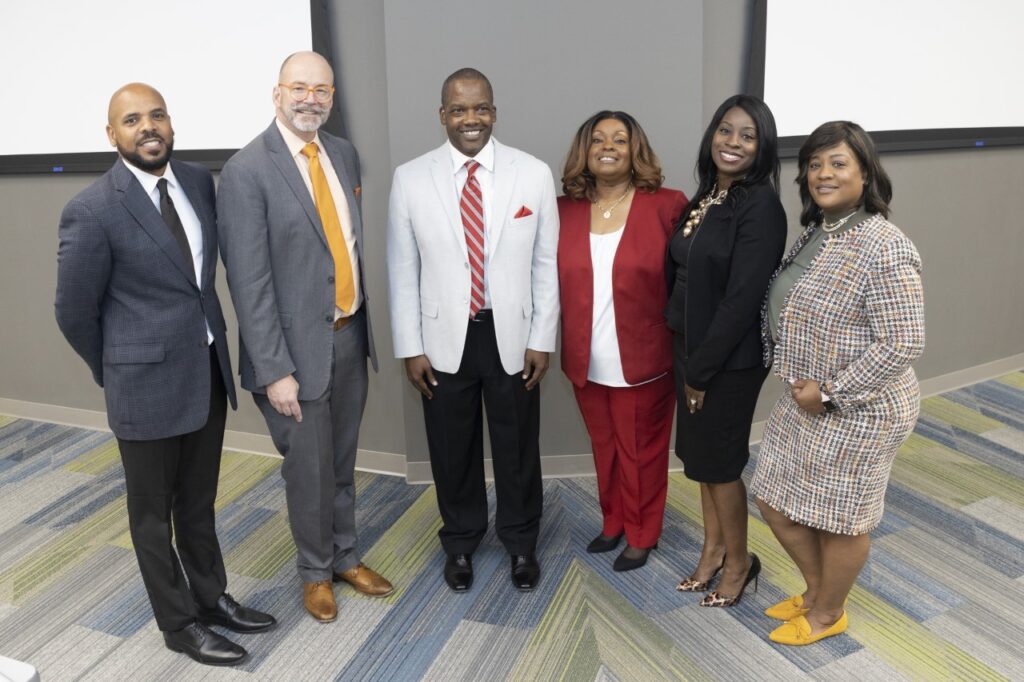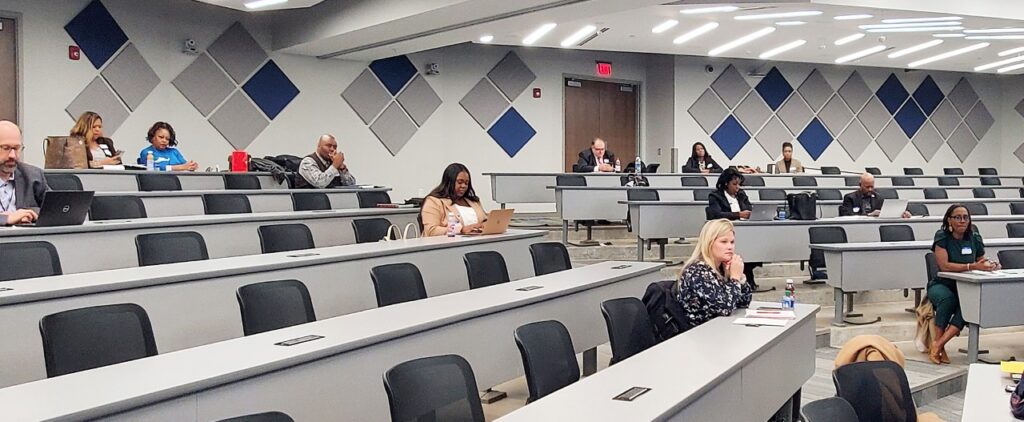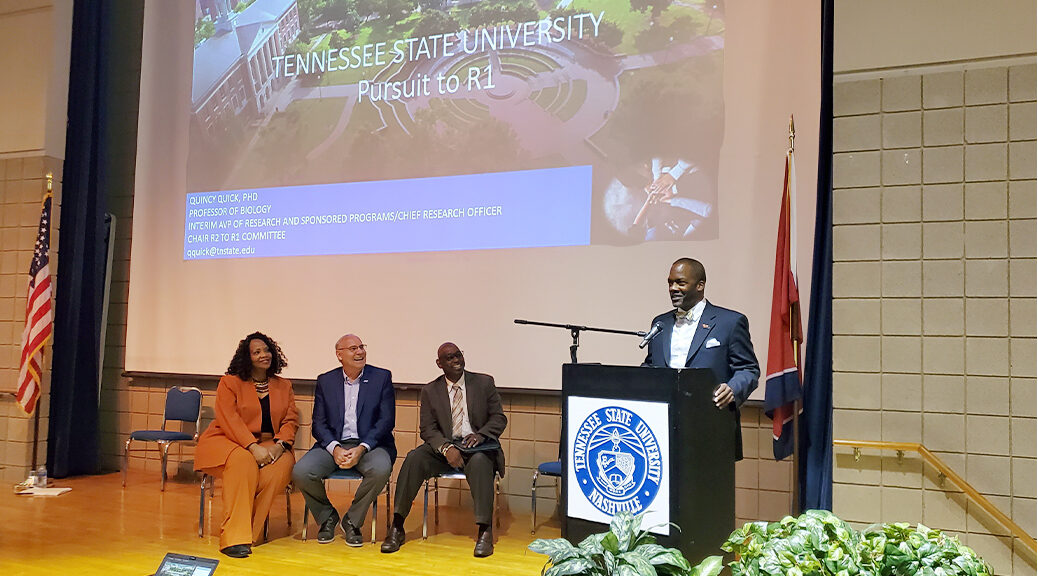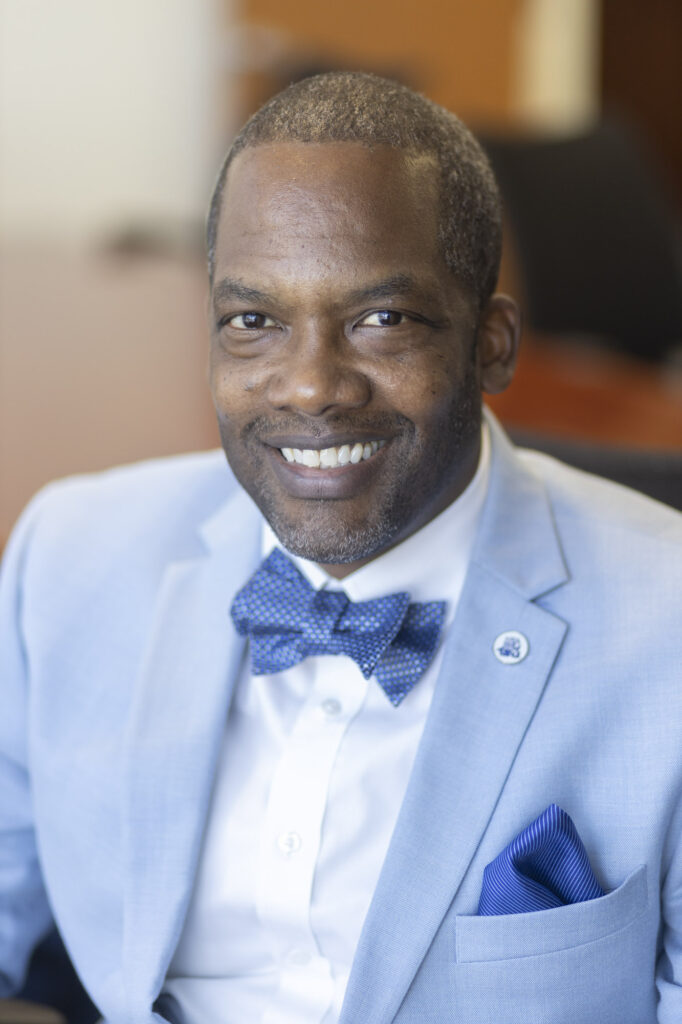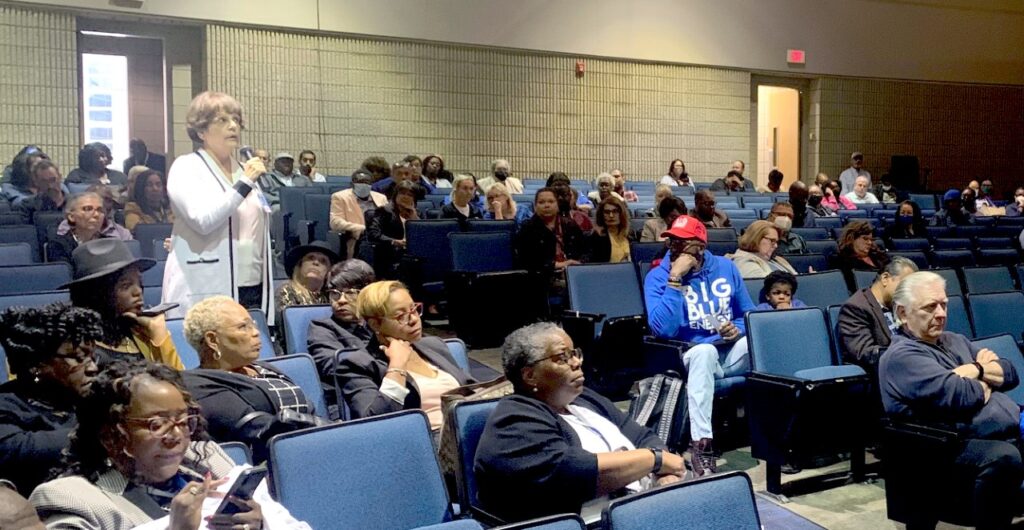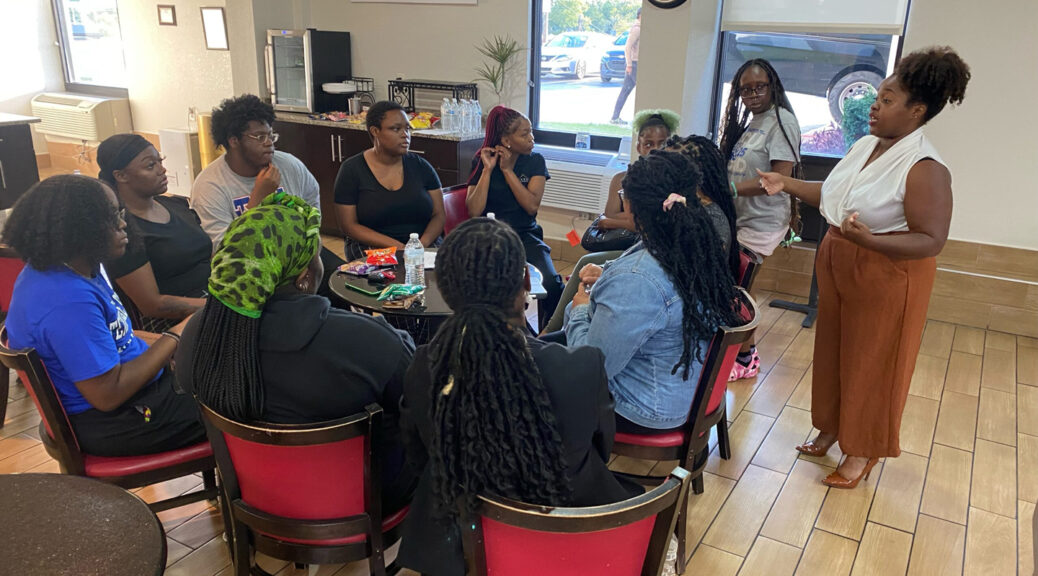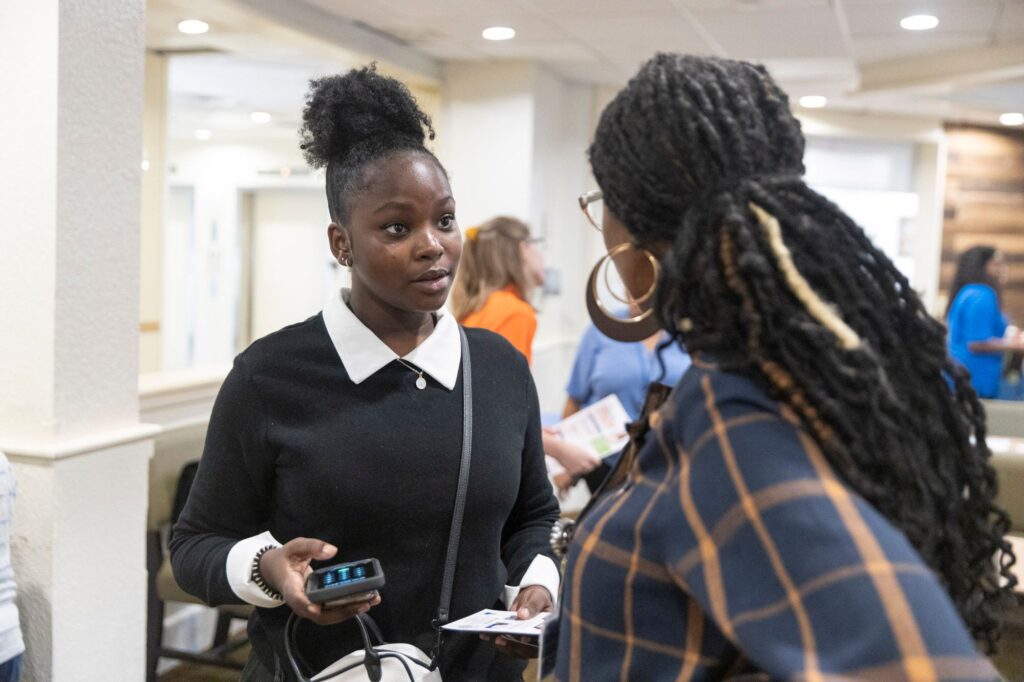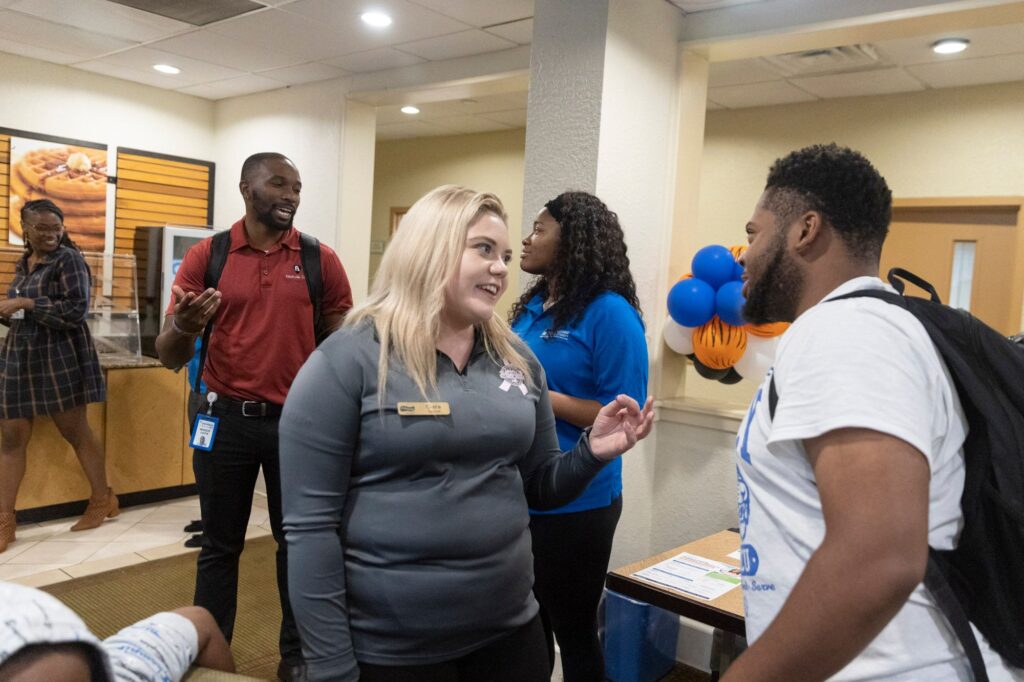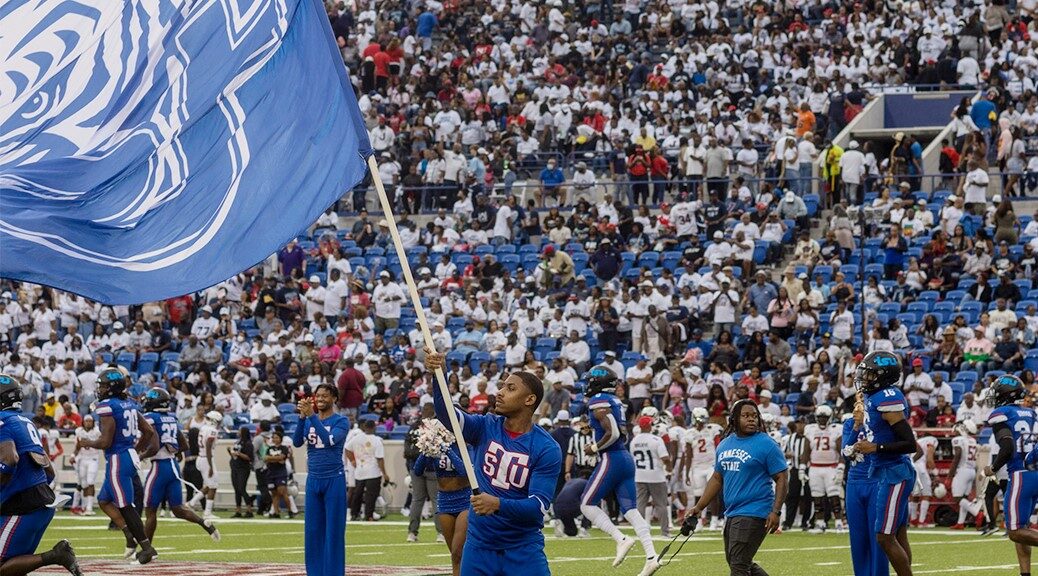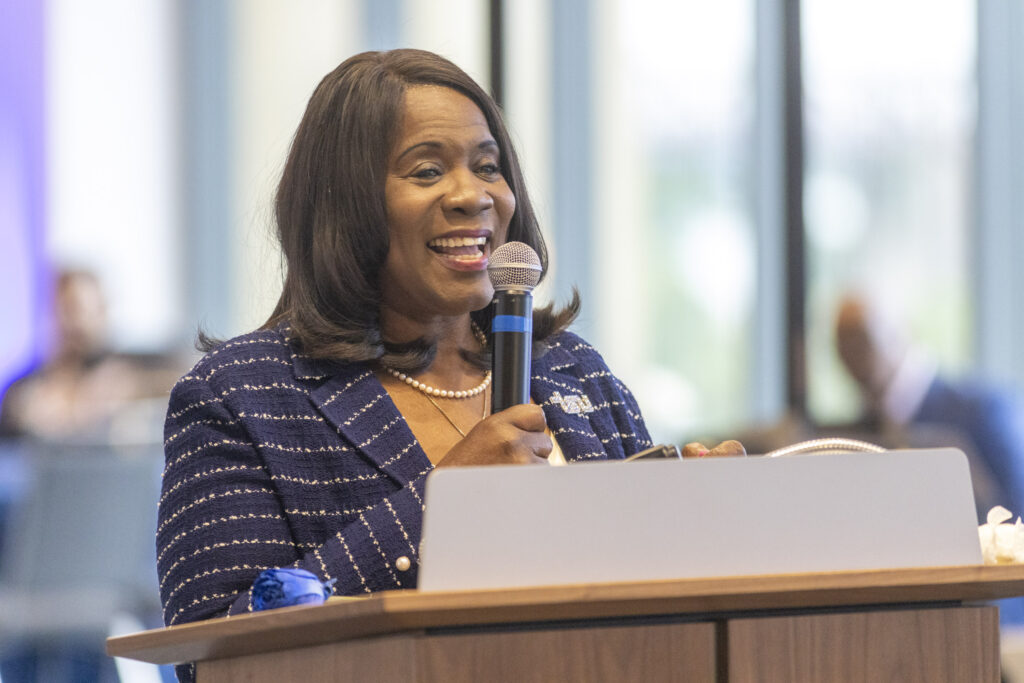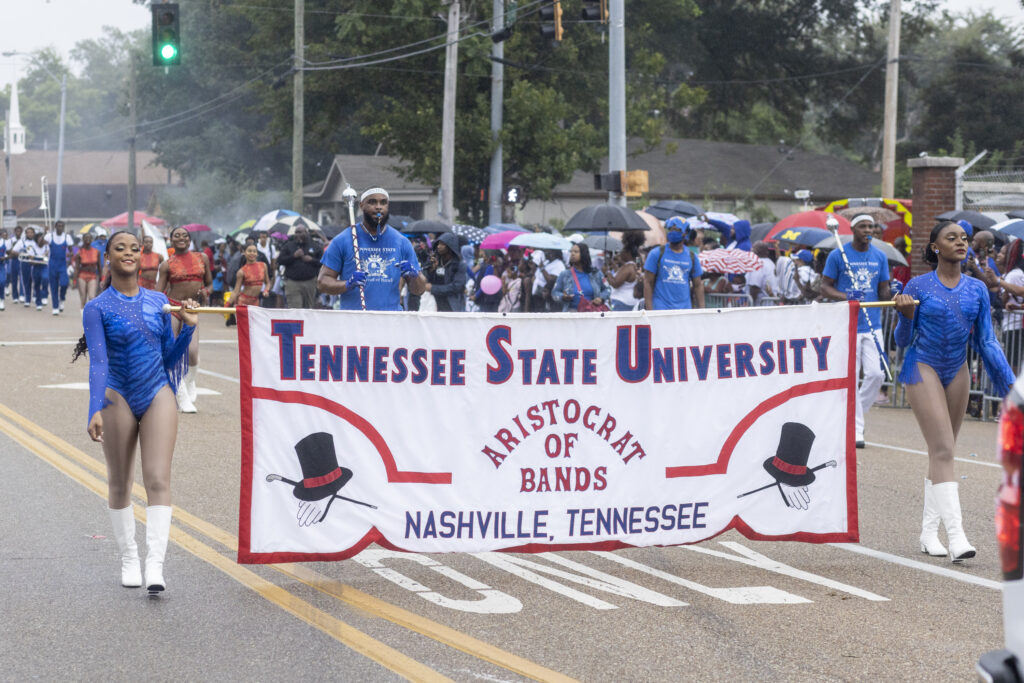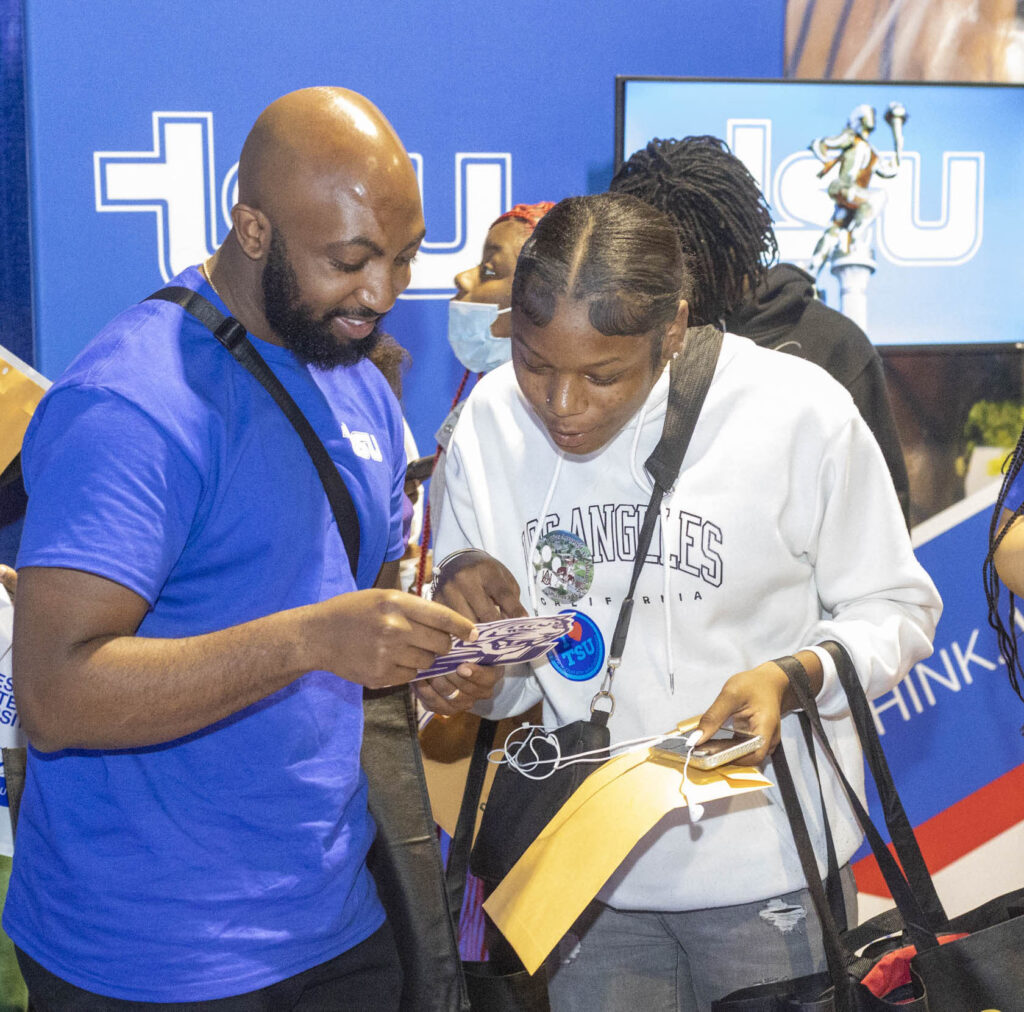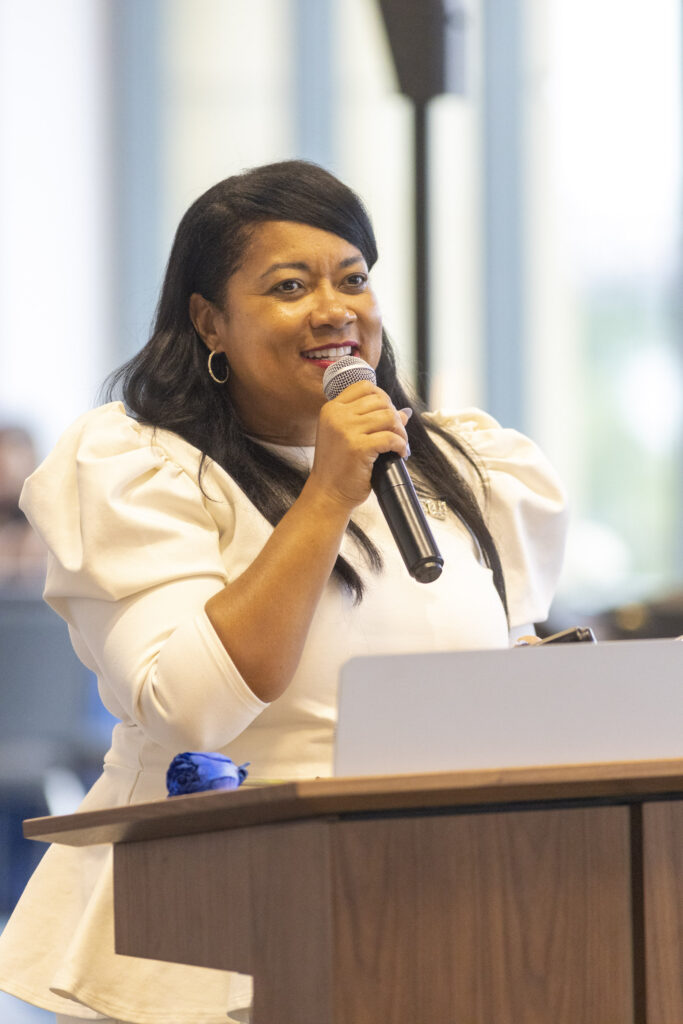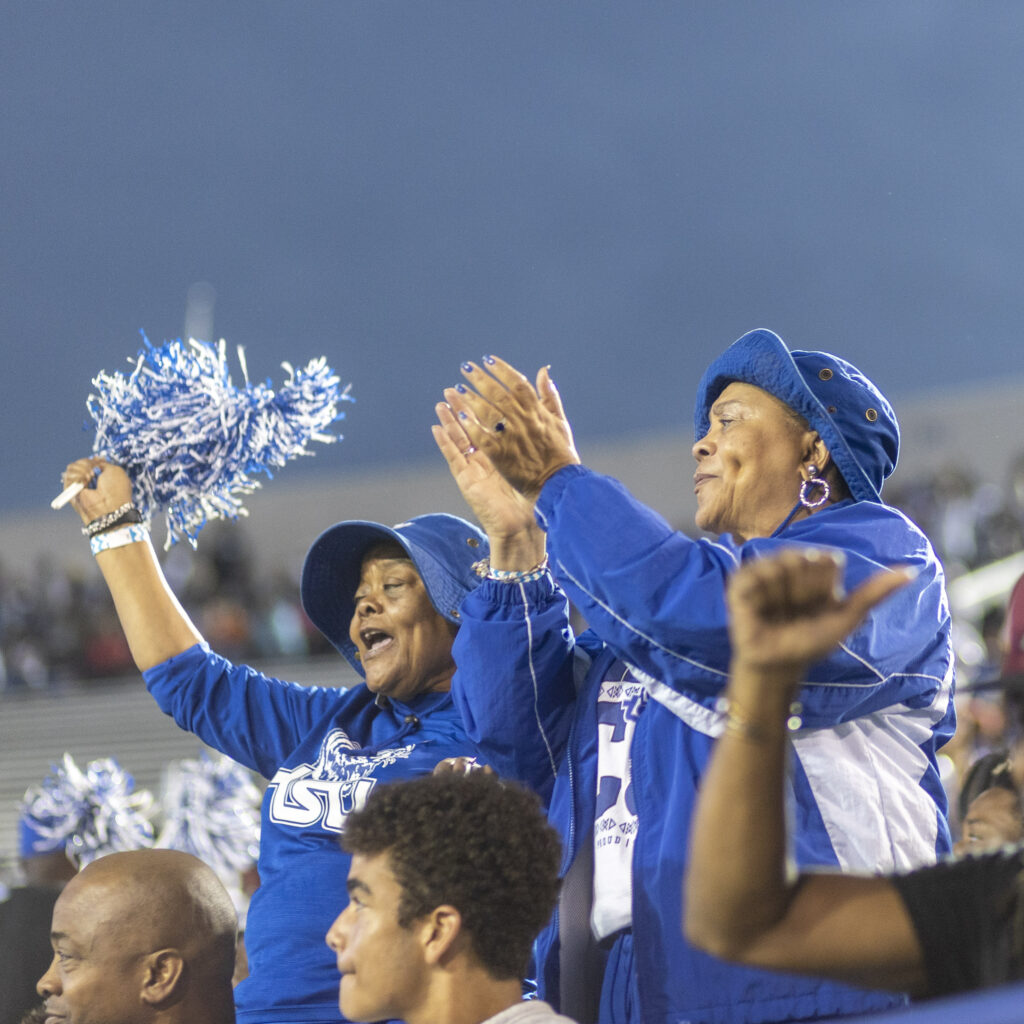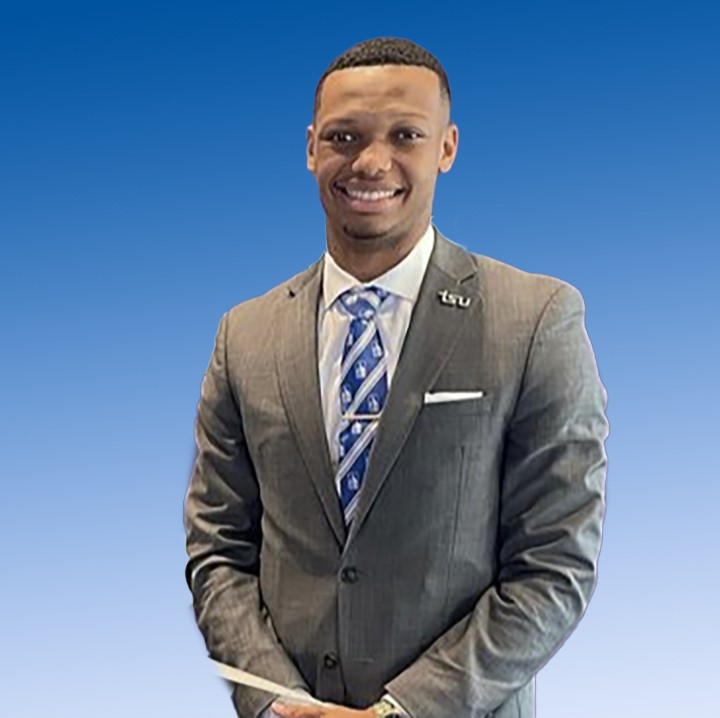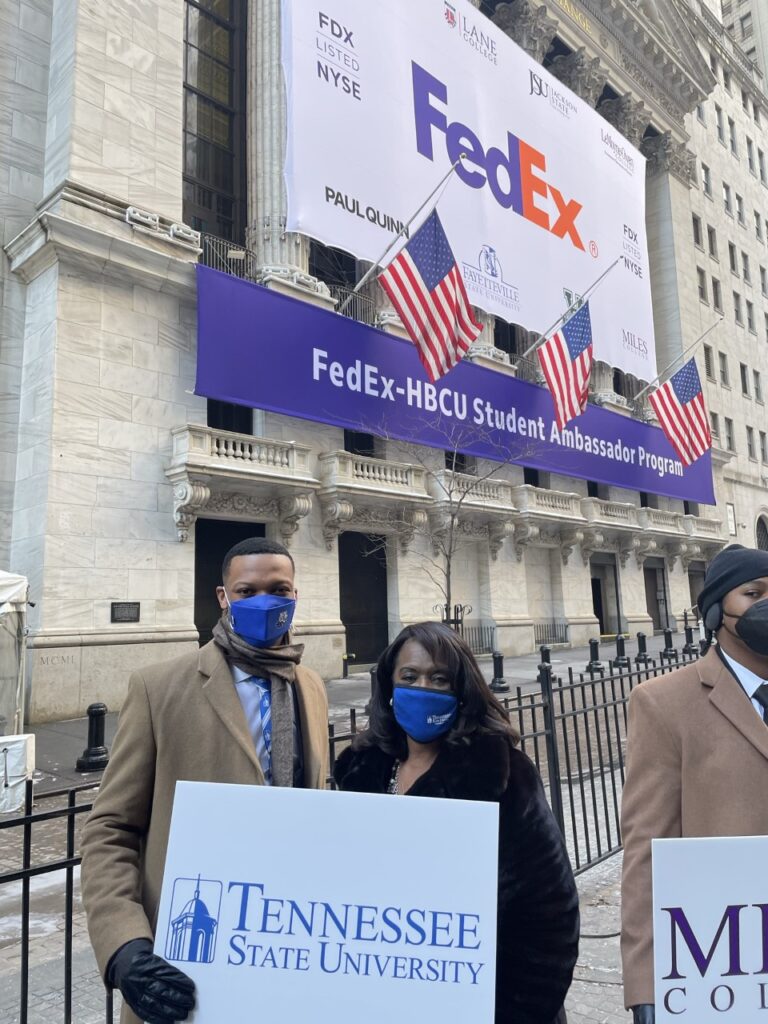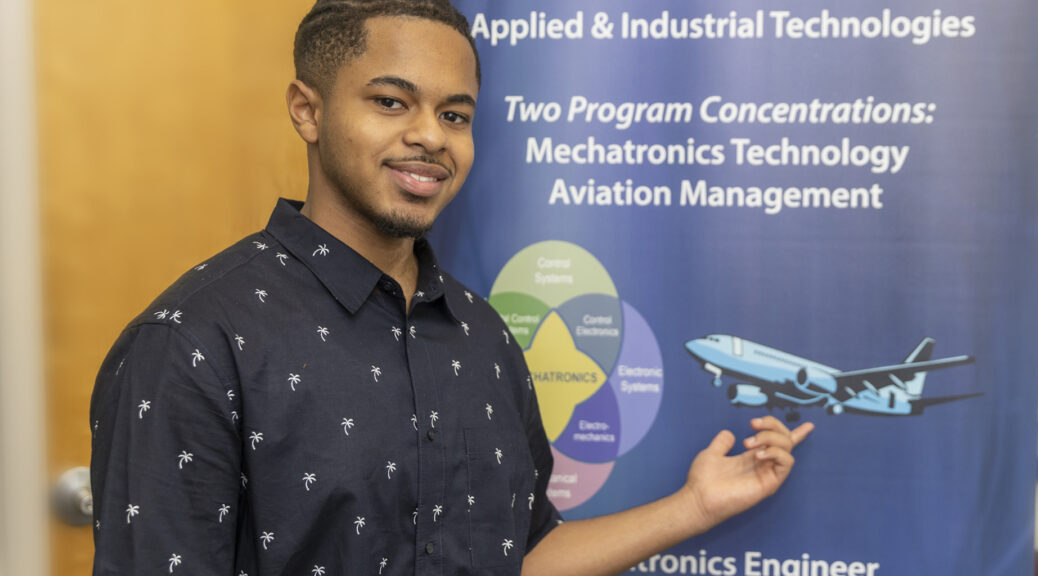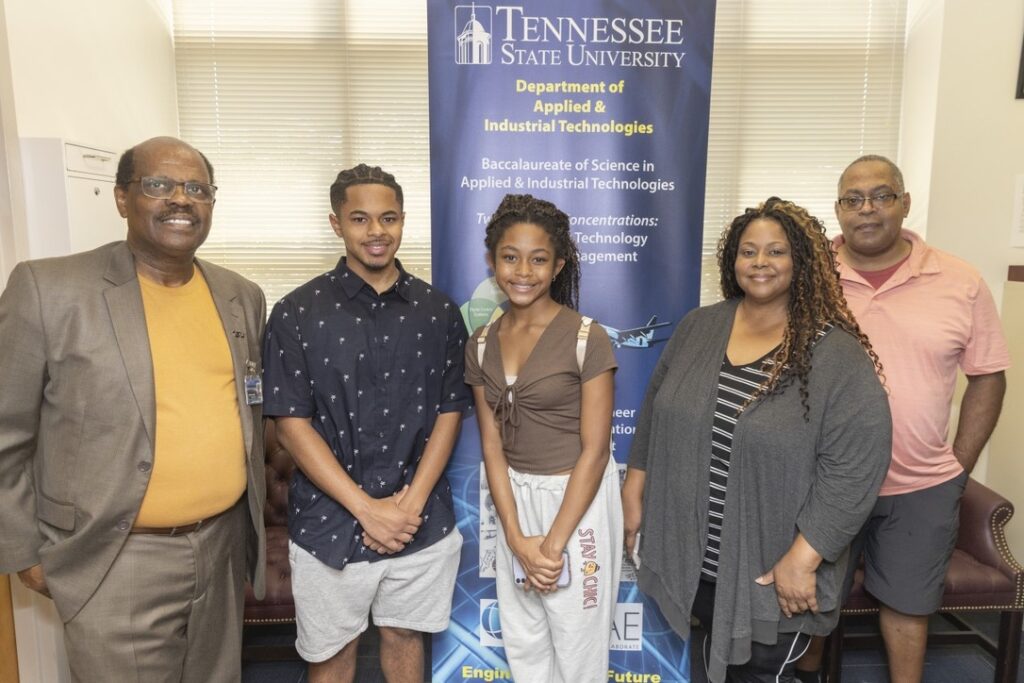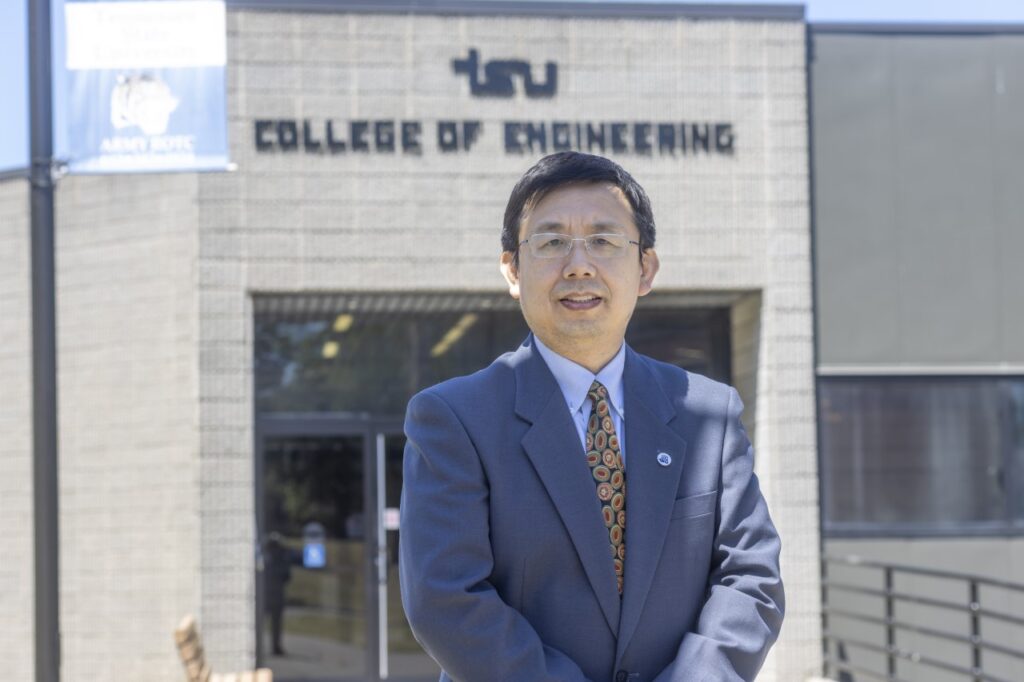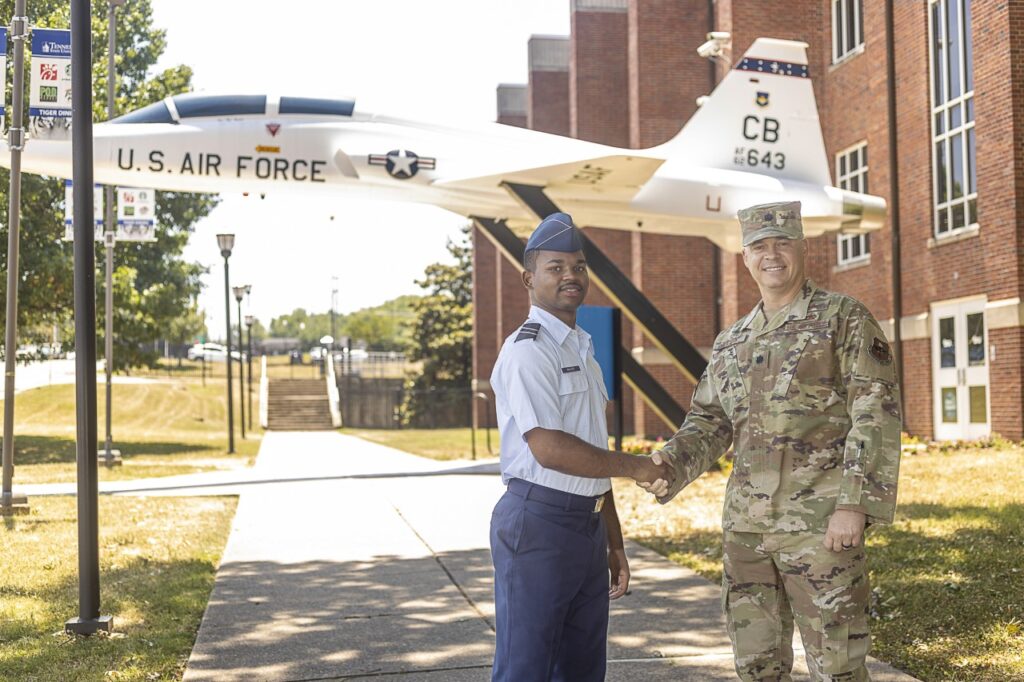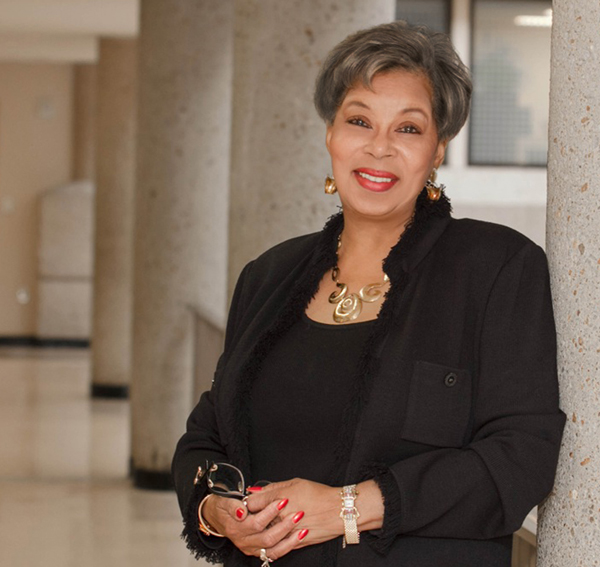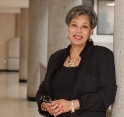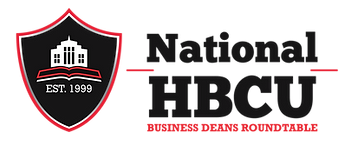NASHVILLE, Tenn. (TSU News Service) – The U.S. is facing a potential triple threat of flu, COVID-19, and RSV or Respiratory Syncytial Virus, and a Tennessee State University infectious disease expert is calling on individuals to get immunized, as the surest way to avoid serious illness or long-term hospitalization.
Dr. Wendelyn Inman, professor and director of the public health program in the College of Health Sciences, warns that the flu, COVID-19 and RSV are highly contagious respiratory infections caused by different viruses, with flu activity increasing in October and peaking between December and February.
“Get your flu shots and get vaccinated for COVID-19 as soon as possible if you already haven’t,” she cautions. “We are seeing that people who are immunized against COVID and the flu are still not in the majority of the cases that are severe and dying.”
Inman says before the pandemic, the United States averaged between 60,000 and 85,000 people dying every year from the flu. But with isolation techniques employed during the pandemic – masking, washing hands, social distancing – those numbers plummeted and almost disappeared.
“We had so few flu-related deaths. Now that we are back together, we have to remember those rates can go back up because we have people who do not get immunized for the flu, and that we are in closer contact,” says Inman, previously the chief of epidemiology for the State of Tennessee.
Citing data from the Centers for Disease Control, Inman says the flu is not a grave concern in Tennessee, with the state in the ‘minimal’ category when it comes to flu levels being reported nationwide.
“Tennessee is not at the bottom, but we could do better,” she says.
At TSU, officials say precaution are in place to help minimized the potential for flu and COVID-19 spread.
Dr. Dorsha N. James, interim medical director of Student Health Services, says there is a significant decrease in COVID-19 cases on campus – from about 7 percent a month ago to 0.1 percent now. She however, reports a slight uptick in people with upper respiratory infection, or flu symptoms. She encourages students to get their flu shots or get vaccinated for COVID-19.
“We are doing well on the COVID front but we are not doing well washing our hands,” James says. “We have been trying to tell students to wash their hands multiple times a day or use the hand sanitizing stations across campus. And if they have the cold, to make sure they do not cough in the air, and stay a good distance from people when they are talking to them.”
TSU offers COVID-19 vaccines on campus in collaboration with Meharry Medical College.
Kenneth A. Rolle II, president of Student Government Association, says TSU’s proactive effort is commendable. “The university has already laid out a strategic plan for if and when the viruses (COVID, flu) make their way to campus,” says Rolle. “Although we have not seen any threats from them on campus, we are most definitely ready to expect the unexpected.”
Dr. Curtis Johnson, associate vice president and chief of staff, says most of the prevention measures from the pandemic are still in place.
“First and foremost, we want the university to remain safe and encourage and/or adopt practices protecting the health of faculty, staff, students, visitors or others,” Johnson says.
According to the CDC, from October 1, 2021, to April 23, 2022, the United States has seen an estimated 3,200- 9,400 flu deaths reported in the preliminary flu season.

